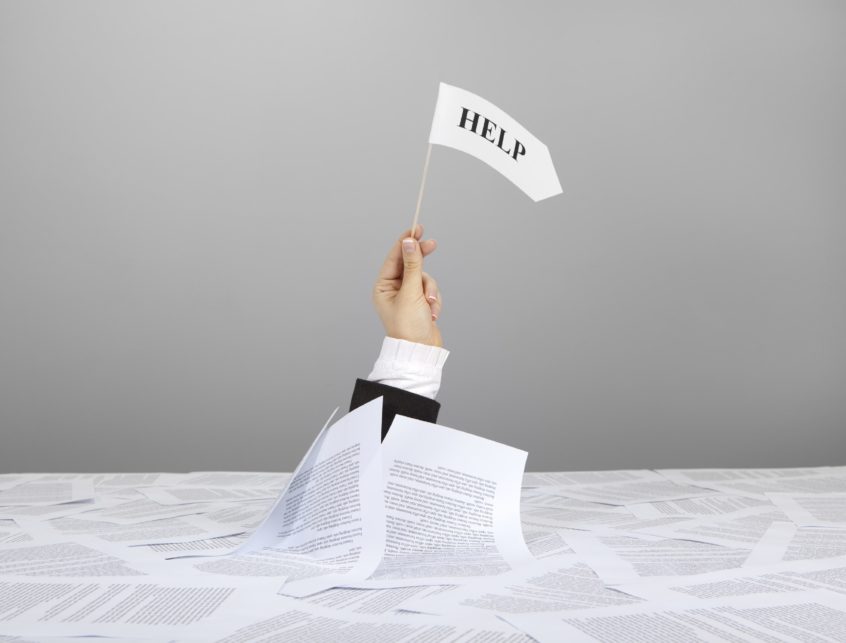Since you entered perimenopause, have you noticed a dip in your energy? Does it feel like someone turned on a tap in your toes and your energy has just drained away?
The years around menopause are a busy time for women as you juggle work, family and relationships. You may be trying to deal with teenage children and elderly parents as well as maintaining your career. It can feel like being the filling in an unpleasant sandwich. And all the time your life is being disrupted by irritating symptoms.
Causes of Fatigue
Tiredness and fatigue at menopause may be due to a variety of factors:
- Hormonal imbalance and lower levels of estrogen
- Poor and interrupted sleep
- Nutrition deficiencies
- Higher levels of stress
- Lifestyle choices including smoking cigarettes, drinking alcohol and lack of exercise
- Negative mindset
- Health issues such as an underactive thyroid, diabetes, anaemia, adrenal fatigue or sleep apnoea.
The common symptoms of fatigue are drowsiness, irritability, lack of concentration, memory lapses, apathy and crash of energy after eating.
Solutions
If the fatigue you are experiencing has gone on for some weeks and is seriously disrupting your life or causing low mood, talk to your doctor. It may be time to have your blood and thyroid function tested. For less severe symptoms there are actions you can take to boost your energy:
1 Adopt a regular, relaxing bedtime routine. Avoid late night news programmes and stimulating books. Enjoy a warm bath or shower. Read an amusing novel. Leave mobile phones outside the bedroom.
2. Use relaxation techniques such as mindfulness, meditation and breathing techniques. Try a yoga or Tai Chi class.
3 Stabilise your blood sugar levels by reducing your consumption of cakes, biscuits and confectionery. Eat complex carbohydrates such as wholegrain cereals, bananas, nuts and seeds.
4 Avoid caffeine in the afternoon and evening. Try a herb tea or naturally flavoured water as an alternative.
5 Stop smoking
6 Reduce your stress levels with some basic time management techniques. Create a to-do list for the following day in the evening and prioritise your tasks.
7 Have a 15/20 minute walk every day, preferably outside in the middle of the day. It will release endorphins into your bloodstream and increase your energy levels.
8 Stay well hydrated. Your body and mind only function effectively if you drink plenty of water. Start your day with cold or hot drink of water flavoured with a slice of lemon and fresh ginger.
9 Take a food supplement. Even if you have a healthy balanced diet you may still be deficient in some minerals and vitamins. Iron and vitamin B complex can be helpful
10 Take a power nap. A 5-10 minute taken in the early afternoon can improve your energy levels.
If you need more help with your menopause symptoms contact me to discuss your options.

